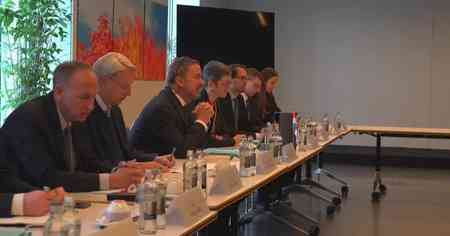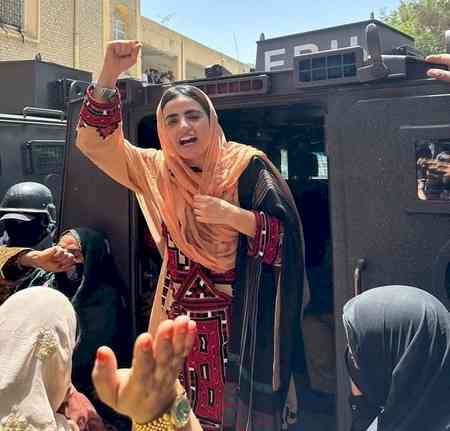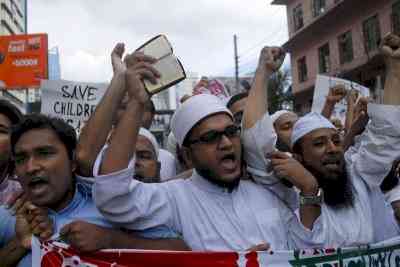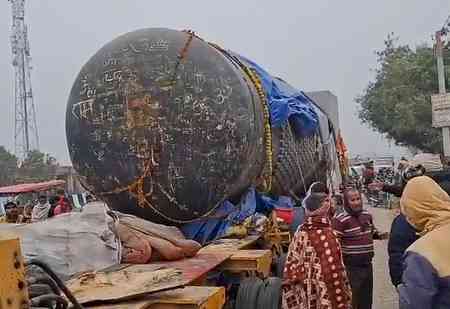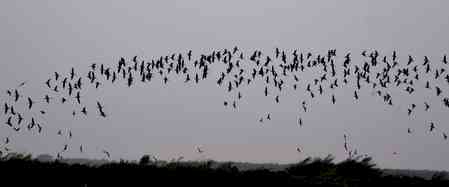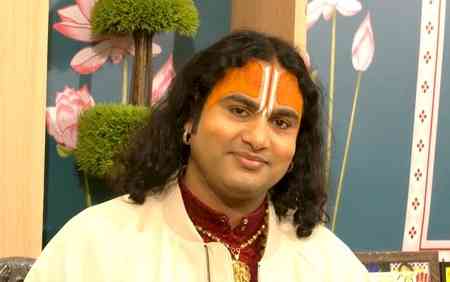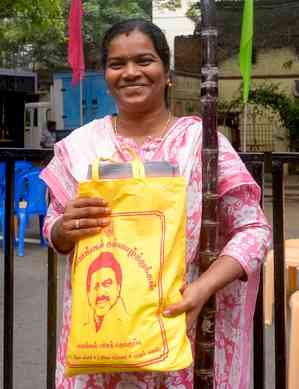Nepal: Interim PM Karki has to rebuild public trust in governance
Nepal has become the latest country where public mobilisation has overthrown the ruling regime, fueled by anger over widespread corruption, nepotism, and administrative misgovernance, a report cited on Saturday.
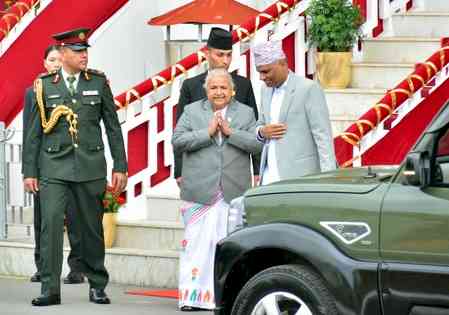
Kathmandu, Sep 20 (IANS) Nepal has become the latest country where public mobilisation has overthrown the ruling regime, fueled by anger over widespread corruption, nepotism, and administrative misgovernance, a report cited on Saturday.
It said, the mass uprising, against the backdrop of political upheavals sweeping across South Asia, beginning with Sri Lanka in 2022, followed by Bangladesh in 2024, marked a decisive break in the Himalayan nation’s democratic trajectory.
According to the report of International Centre for Peace Studies (ICPS), over the past three years, a clear pattern of youth-led protests and uprisings, often described as ‘apolitical’ emerged in the extended region of Nepal, including Sri Lanka, Bangladesh, and Indonesia.
“At times, these ‘apolitical’ uprisings were seen to have been influenced or even facilitated by internal as well as external actors with vested interests. However, they often result in the creation of a political vacuum that is filled by individuals or groups with little or no prior experience in governance,” the report stated.
“Ironically, the very objectives these movements claim to champion — such as strengthening democracy and ensuring inclusive political participation — are often undermined in the process. While these movements may succeed in toppling governments through mass mobilisation, they typically fail to offer a viable or structured alternative in the aftermath,” it noted.
On September 8, the protests started in Kathmandu in response to the Nepalese government’s decision to block 26 social media platforms, including Facebook, Instagram, WhatsApp, X, and YouTube, for failing to comply with a seven-day deadline to register with the Ministry of Communication and Information Technology. However, the social media ban served only as a trigger.
“The protest quickly evolved into a broader movement demanding government accountability for widespread corruption, growing inequality, and the worsening living conditions that have forced many citizens to migrate abroad in search of a better life. Protesters expressed anger over the stark contrast between the struggles of ordinary people and the lavish lifestyles of ruling elites (Nepo Kids), many of whom openly flaunt their wealth and assets on social media,” the report stressed.
Amid intense public and political pressure, Nepal’s Prime Minister KP Sharma Oli resigned on September 10. Several high-profile leaders, including Home Minister Ramesh Lekhak, the Ministers in charge of Health, Agriculture, Water and Youth and Sports, also stepped down ahead of Oli in the wake of the escalating crisis.
The ICPS report emphasised that Sushila Karki, appointed as Nepal's interim Prime Minister in the wake of the Gen-Z revolt, has a critical role to play. She has a daunting challenge ahead: to stabilise the country, rebuild public trust in governance, push for inclusive systemic change, including better representation of women and marginalized communities in politics, and prepare Nepal for the next elections, scheduled to take place in March 2026.
--IANS
scor/as


 IANS
IANS 
